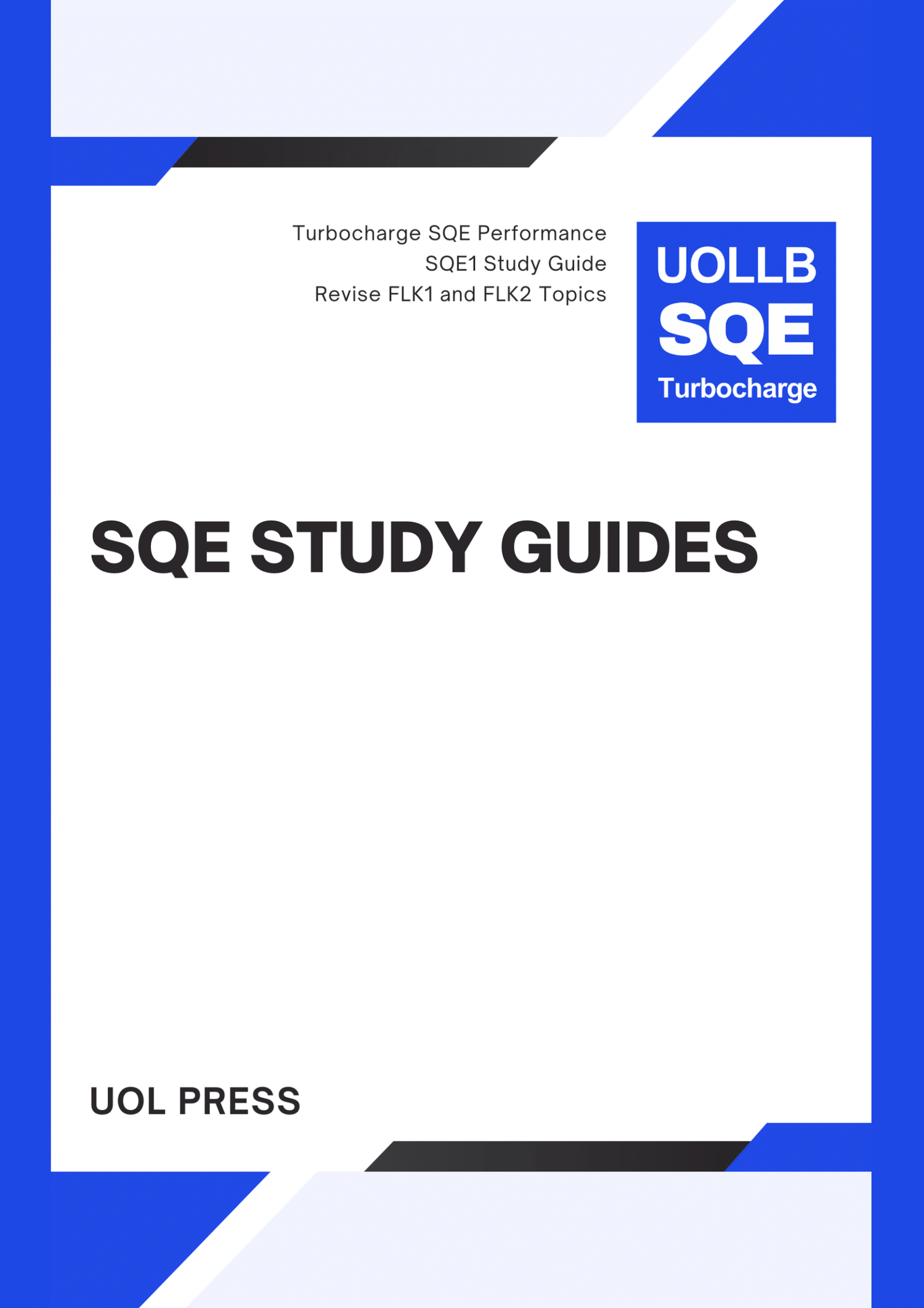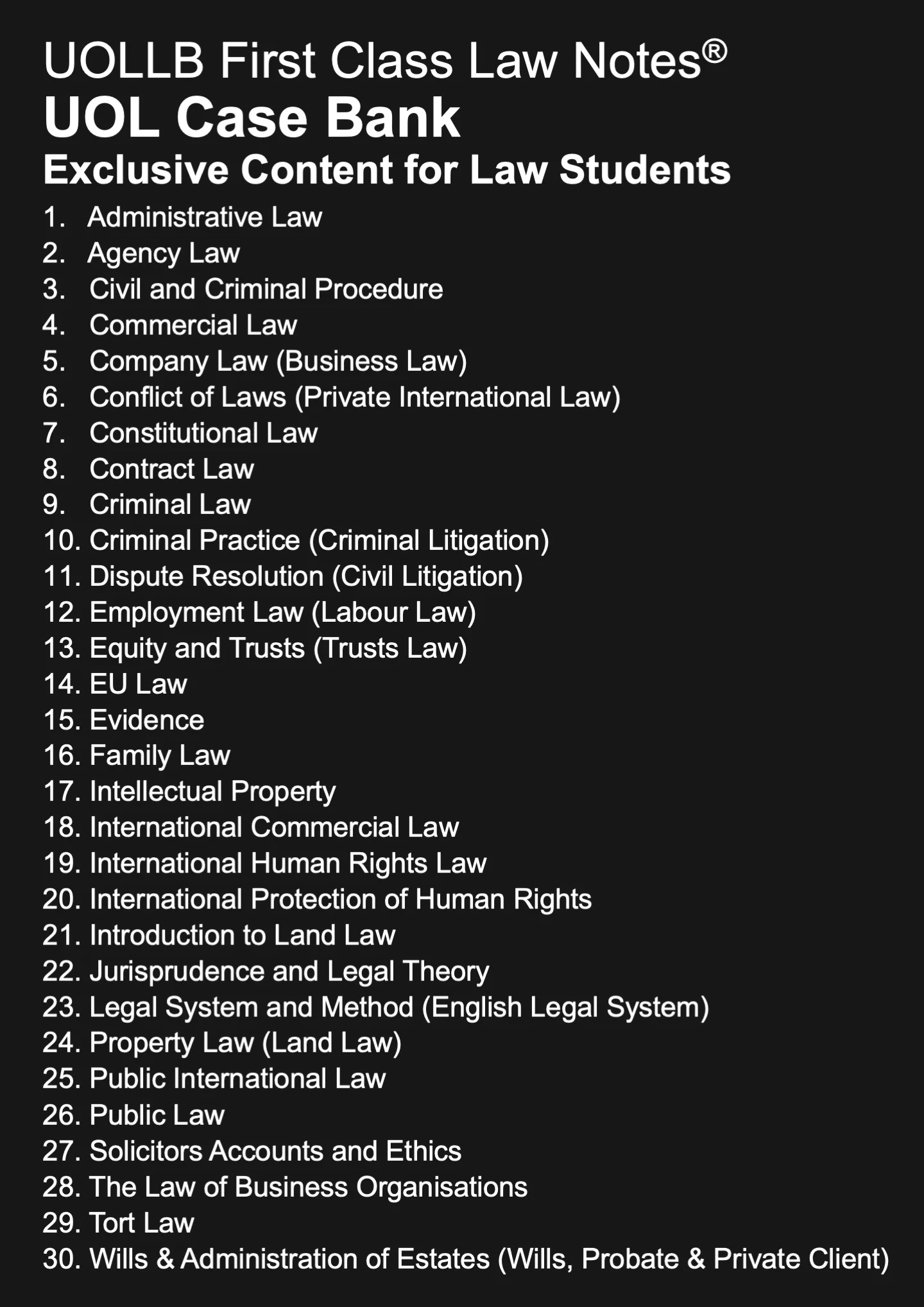Donoghue v Stevenson [1932]
Share
Donoghue v Stevenson [1932] UKHL 100 is a landmark case in Tort Law that established the fundamental principle of the duty of care and laid the foundation for the modern concept of negligence. This case played a pivotal role in shaping the legal framework for personal injury claims and the responsibilities of manufacturers toward consumers.
In the summer of 1928, May Donoghue visited a café in Paisley, Scotland. A friend bought her a bottle of ginger beer, which was manufactured by David Stevenson. Mrs Donoghue consumed most of the ginger beer, and as she poured the remaining ginger beer into a glass, a decomposed snail came out of the bottle. This incident caused Mrs Donoghue to become ill, and she subsequently brought a legal action against Stevenson, claiming damages for her illness.
The central legal issue in this case was whether the manufacturer, David Stevenson, owed a duty of care to consumers like Mrs Donoghue and whether the circumstances of this case gave rise to a claim in negligence.
The House of Lords ruled in favour of Mrs Donoghue, establishing a groundbreaking legal principle that has since become a cornerstone of Tort Law. The judgment, delivered by Lord Atkin, articulated the famous neighbour principle, stating that individuals owe a duty of care to those who are closely and directly affected by their actions and decisions. In other words, one must take reasonable care to avoid causing harm to others who might be reasonably foreseeable as being affected by their actions.
The ruling in Donoghue v Stevenson is significant as it set a precedent that has been widely cited and followed in subsequent negligence cases, both in the UK and in other common law jurisdictions. The case laid the groundwork for the modern concept of negligence, whereby a breach of duty of care leading to harm can result in a legal claim for damages.
The case established the duty of care owed by manufacturers to consumers. Manufacturers must ensure that their products are safe for consumers, as failure to do so can result in legal liability.
The case emphasised that harm must be reasonably foreseeable for a duty of care to arise. In this instance, it was foreseeable that a consumer might be harmed by consuming a contaminated product.
The case clarified the notion of proximity between parties, i.e. the neighbouring principle, which is essential for establishing a duty of care. The relationship between the manufacturer and the consumer was considered sufficiently proximate to warrant a duty of care.
Donoghue v Stevenson stands as a landmark judgment that significantly impacted the development of negligence law, emphasising the responsibility of individuals and businesses to act in ways that avoid causing harm to others who may be affected by their actions.
























































